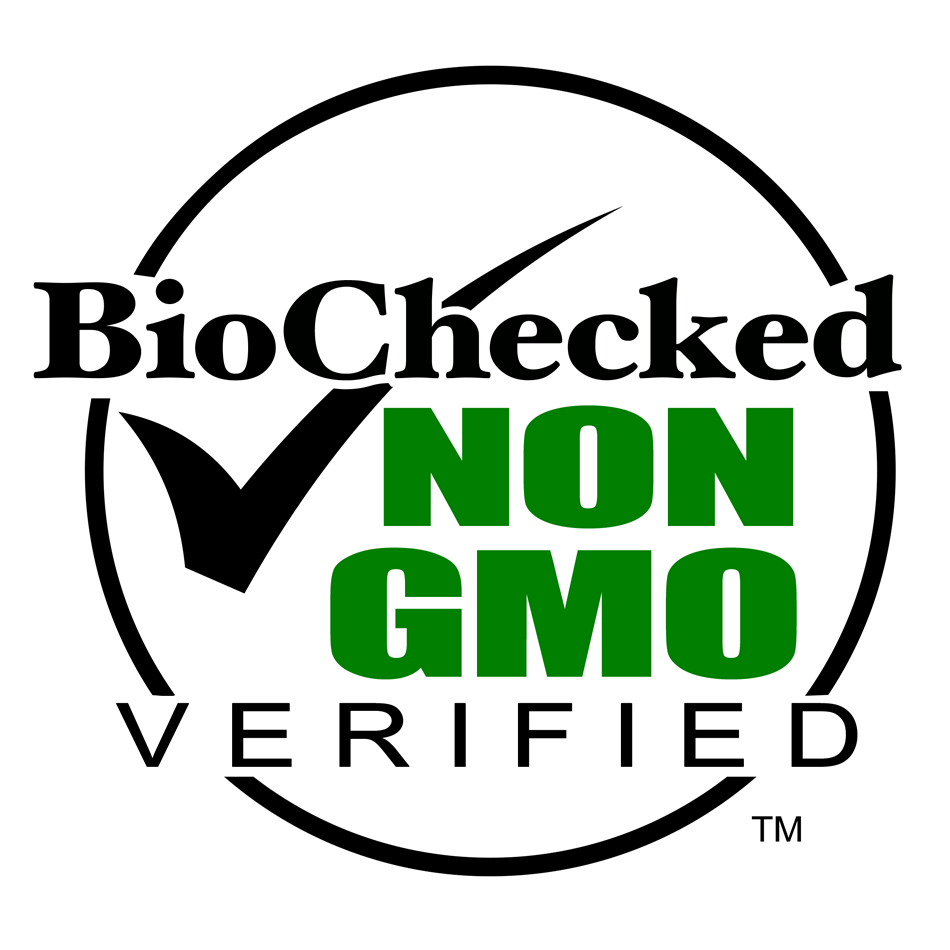Thousands of military veterans will soon divvy up a ten-year installment of about $47.5 million in disability benefits recently awarded by the federal government as compensation for harm caused by exposure to Monsanto’s Agent Orange herbicide.
As many as 2,100 Air Force reservists and active-duty forces who sprayed the toxic herbicide during the Vietnam War will have access to the benefits, which are meant to cover health damage caused by exposure to Agent Orange residue on Fairchild C-123 aircraft flown over Southeast Asia between 1969 and 1986.
The award is long overdue, especially as the federal government has insisted for many years that residues of Agent Orange couldn’t possibly be responsible for the various cancers, diabetes and leukemia suffered by thousands of former military men and women who handled the chemical at the bidding of the U.S. government.
Since June 19, eligible servicemen have been able to file for Agent Orange-related disability benefits, including survivor benefits and ongoing medical care. Any veteran who can prove that he or she worked on a contaminated plane and developed one or more of 14 qualifying medical conditions as a result, including prostate cancer, diabetes, and leukemia, is eligible for payment.
“Opening up eligibility for this deserving group of Air Force veterans and reservists is the right thing to do,” announced Bob McDonald, Secretary of the Department of Veterans Affairs (VA), in a recent statement.
One in six federal disability checks covers Agent Orange-related health damage among veterans
Although they are reluctant to admit that Agent Orange was in any way responsible for harming American military servicemen during the Vietnam War, the federal government has been quietly paying out benefits to thousands of them for years. The White House Office of Management and Budget, which approved the new disability benefits, admits that one in six disability checks issued by the VA is for Agent Orange-related health damage.
This is striking in light of the fact that this same federal government, through its Environmental Protection Agency (EPA) arm, recently approved Dow Chemical’s “Enlist Duo” herbicide, which contains an Agent Orange component known as 2,4-D. The International Agency for Research on Cancer (IARC), a division of the World Health Organization (WHO), recently announced that 2,4-D is a “possible human carcinogen,” along with Monsanto’s glyphosate (Roundup) herbicide.
With 2,4-D’s approval, millions of acres of American farmland will now presumably be carpet-bombed with the same chemical defoliant ingredient used as a weapon of mass destruction during the Vietnam War. However, for today’s American consumers, there likely won’t be any federal compensation for damages caused by exposure to this noxious poison.
“2,4-D, produced by Dow Chemical, was a component of ‘Agent Orange,’ the toxic defoliant used in Vietnam,” warns the Center for Food Safety (CFS). “It is the 7th largest source of dioxins in the U.S. 2,4-D and other herbicides of its class have been independently associated with deadly immune system cancers, Parkinson’s disease, endocrine disruption, and reproductive problems, with children at particular risk.”
The Natural Resources Defense Council (NRDC) has filed a lawsuit against the EPA for failing to respond to a petition to ban 2,4-D, which was rushed to the market by the U.S. Department of Agriculture (USDA) with no consideration for how it might affect the environment and humans, particularly young children.
“Over the past 40 years, dozens of studies have shown the connection between 2,4-D and non-Hodgkin’s lymphoma (cancers of the blood) and soft-tissue sarcoma in people,” warns NRDC. “Other research reveals that 2,4-D enters breast milk and semen where it disrupts normal hormone functions, which can also cause serious and lasting effects during fetal and infant development.”

